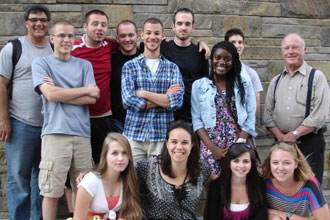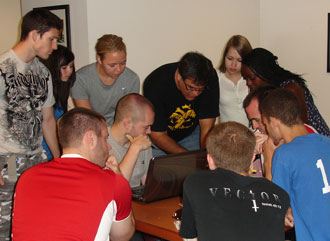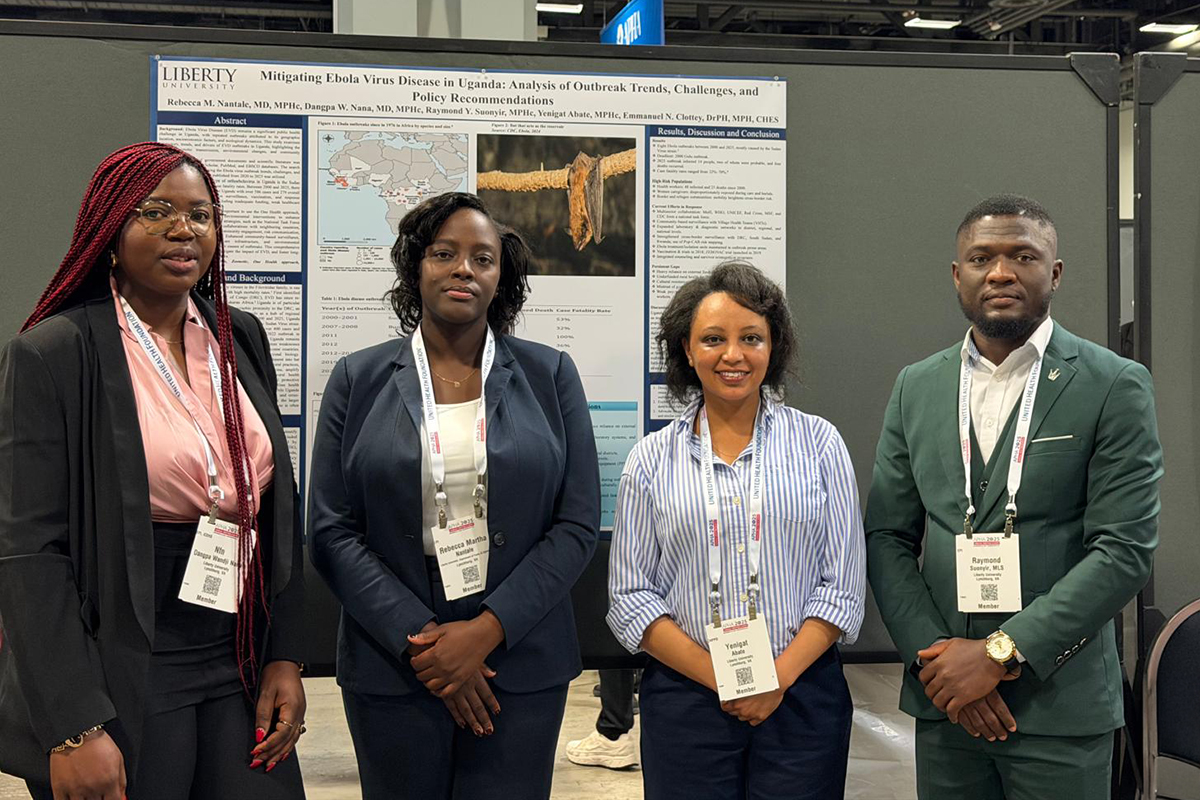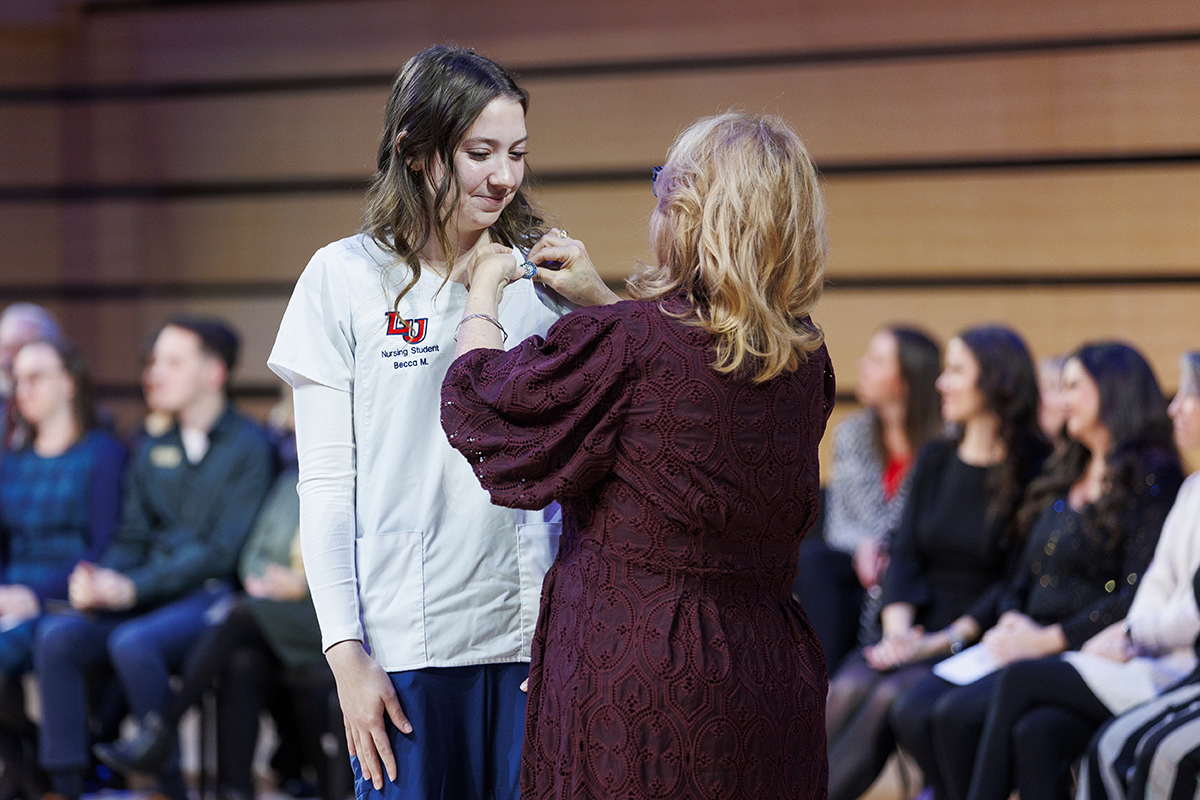Government students receive hands-on intelligence training in nation’s capital
June 29, 2012 : By Bethany Pico/Liberty News Service

Liberty University students from the Helms School of Government recently traveled to Washington, D.C., for a unique summer pilot course, Surveillance and Surveillance Detection, the first of its kind offered at any university.
The students spent 12 days (May 28-June 8) in the Washington, D.C., area learning the art of surveillance and surveillance detection from retired and former intelligence community personnel. This field practicum was the dream of Dr. Charles Murphy, government professor, who began Liberty’s intelligence studies program alongside Liberty’s founder, Dr. Jerry Falwell, Sr., and provost, Dr. Ron Godwin.
“This was an idea I had discussed for a year-and-a-half with some intelligence professionals, all of whom agreed that it not only was feasible, but a needed introductory course for those going into this field,” Murphy said.
Murphy, who has had a professional background in the U.S. Marine Corps and the Central Intelligence Agency, as well as being a pastor, said it is the desire of the Helms School of Government “to have the strongest intelligence studies program at the undergraduate level.”
“We try to teach every course from the practical or ‘tradecraft’ perspective, meaning we try to teach the courses from the how-to-do-this perspective.”

Helms School of Government deans and intelligence faculty, along with Murphy, selected 11 rising seniors from the school who had a 3.5 (or higher) GPA to be the first to take the course.
The teaching environment was unconventional, as the students learned from intelligence officers by walking, mapping, and understanding the streets of D.C. to conduct the assignments correctly. Several exercises were performed throughout the day, many independently. The students had two textbooks to read prior to beginning the class, a final exam, a term paper, and professional evaluation of their field activities.
The class was taught from such an applicable and practical way that another intelligence agency actually picked up on what the students were doing and started following them around to see their work, according to Murphy.
Student Mathew Stvan said it was one of the “top 10 experiences” in his life and that he is grateful for the opportunity.
“This course is a huge step for the Strategic Intelligence program. Not only because it had never been conducted before at any other university, but also because it expanded our program’s ability to begin developing an operational mindset in those students who may end up working in the field as intelligence officers,” Stvan said.
Murphy said he was impressed with the students’ performance.
“The instructors and I were pleasantly surprised at the diligence, hard work, enthusiasm (and humor at their own mistakes), and professional quality of their class and field work,” Murphy said. “In their afterhours, students led meetings and they worked through and corrected the mistakes they had made during the day.”
Katelin Robinson, an intelligence major, said she would highly recommend the course.
“It is beneficial because it provides students an opportunity to experience a hands-on class to better prepare them for their potential career. It is a valuable academic option and offers a real-life experience in the nation’s capital.”
Dr. Murphy said he plans to follow the necessary steps to move the course from a pilot course to become a permanent course, and to offer it again next summer.


